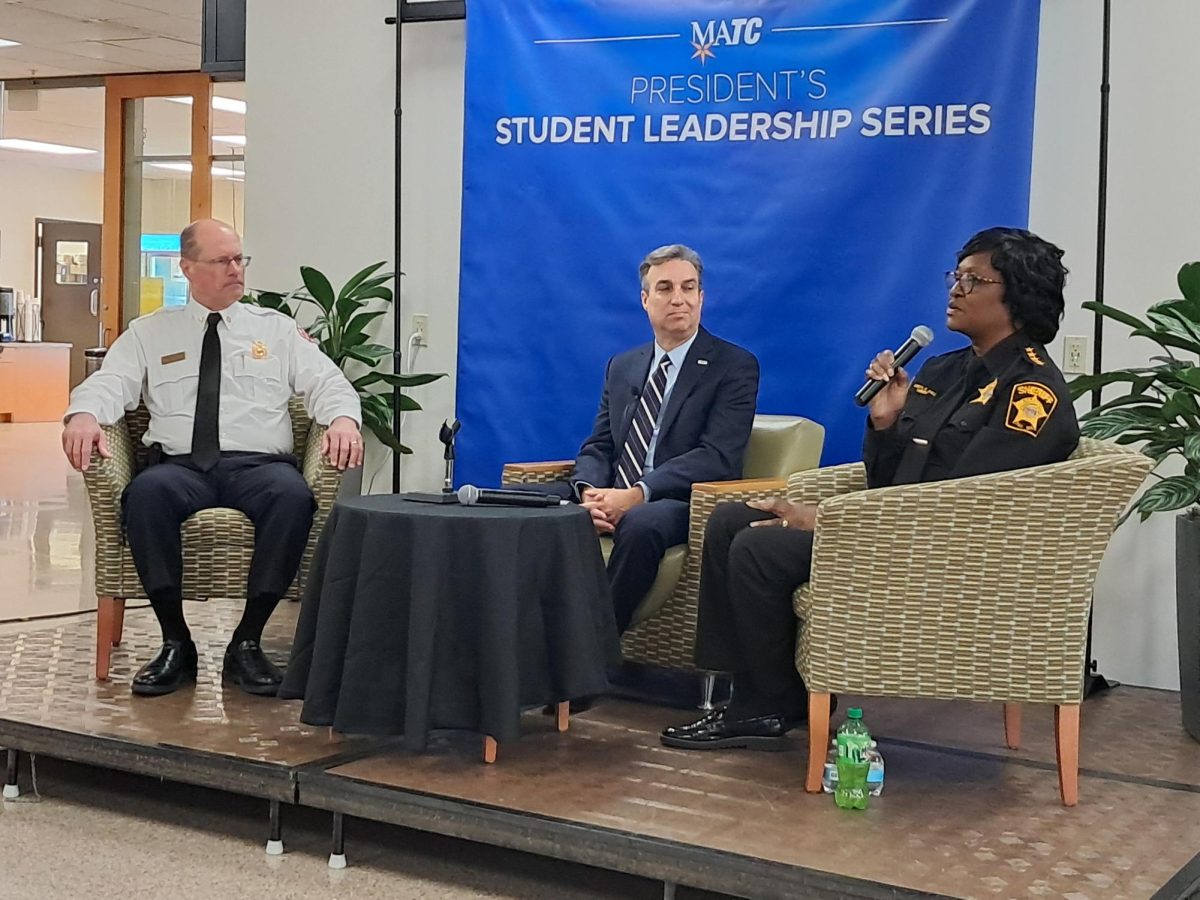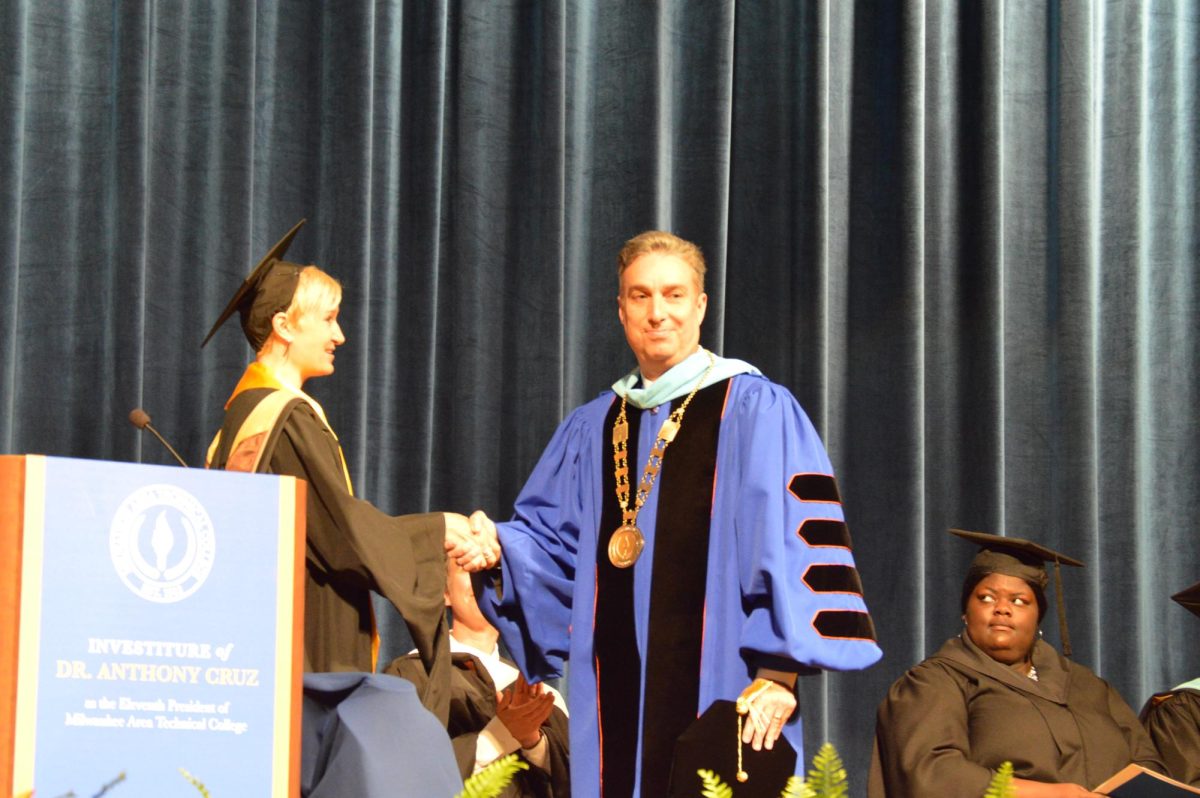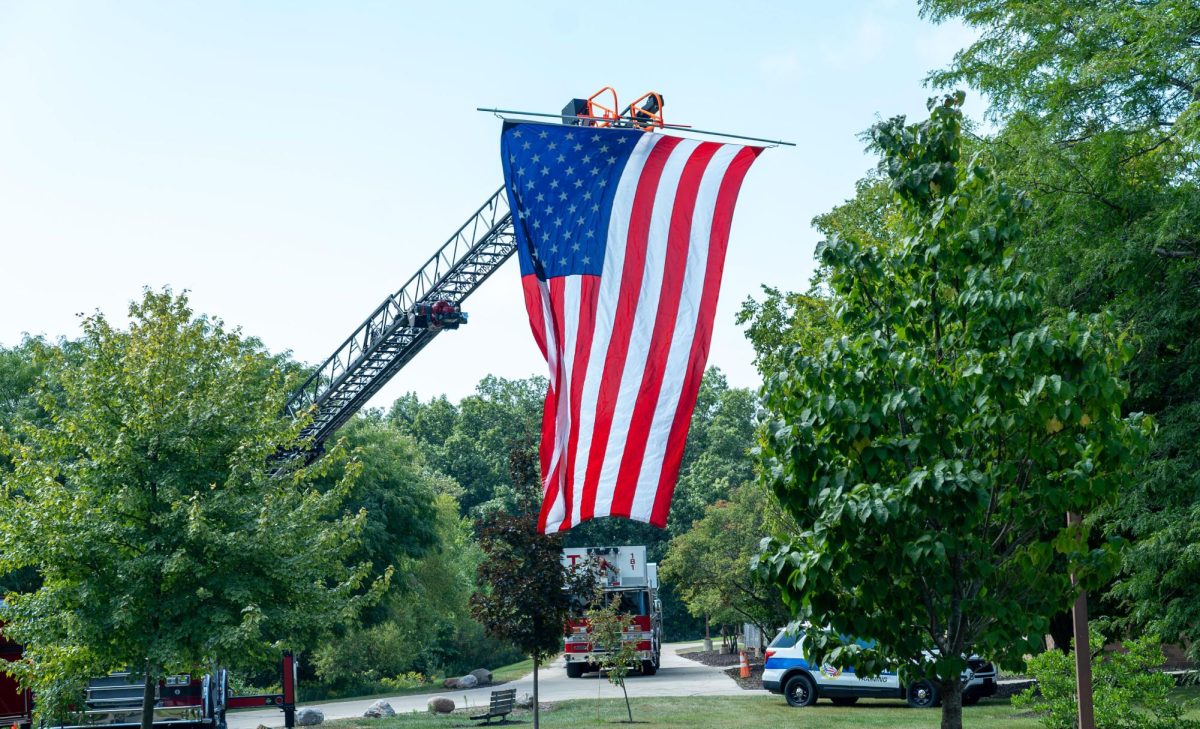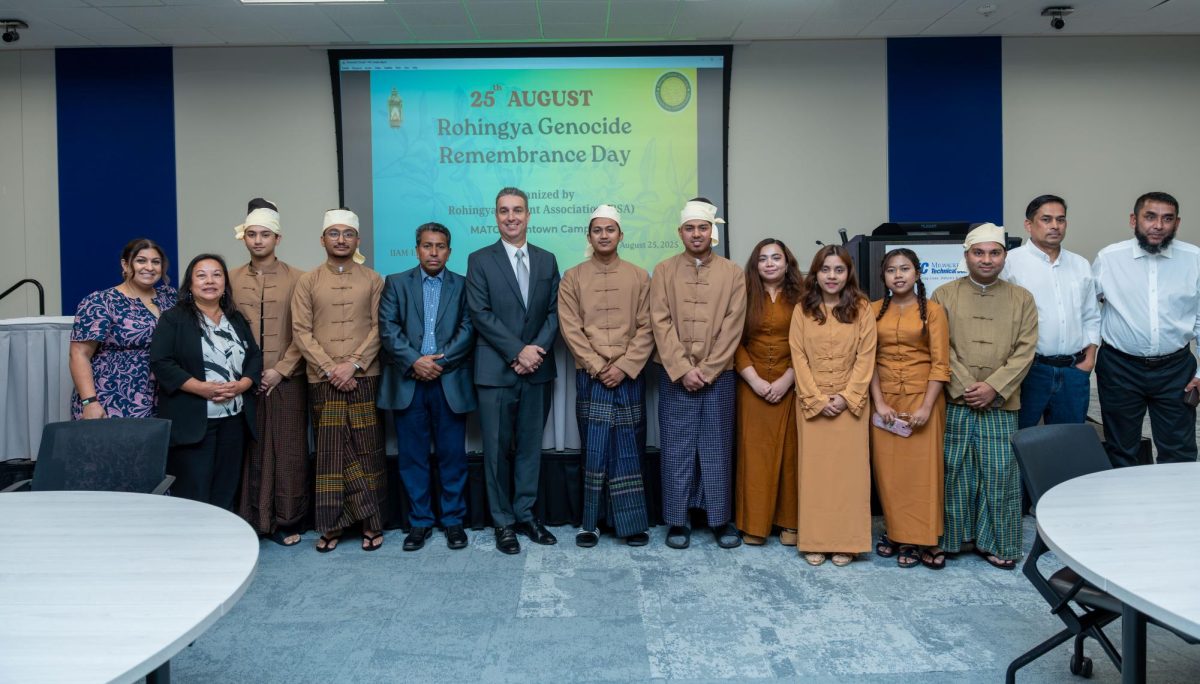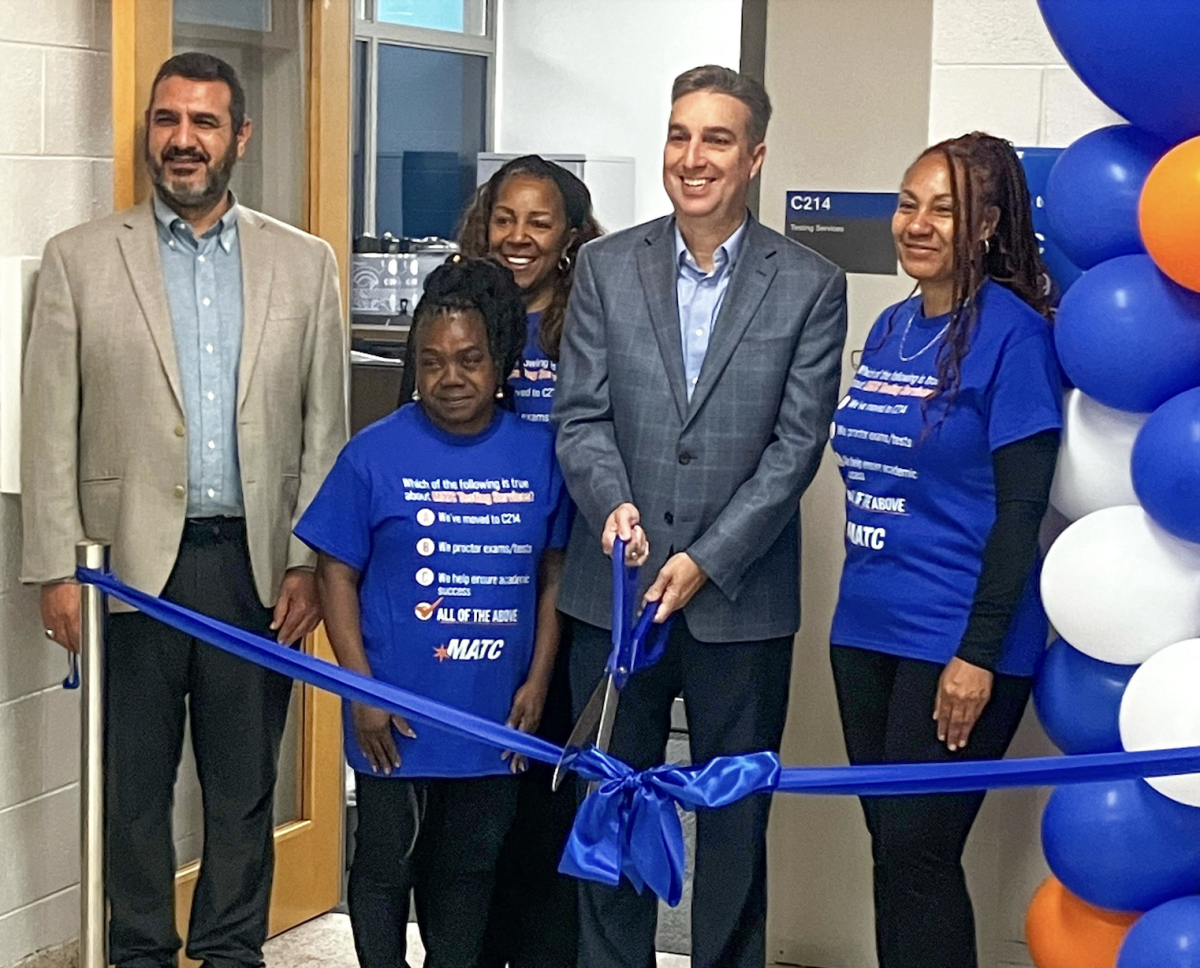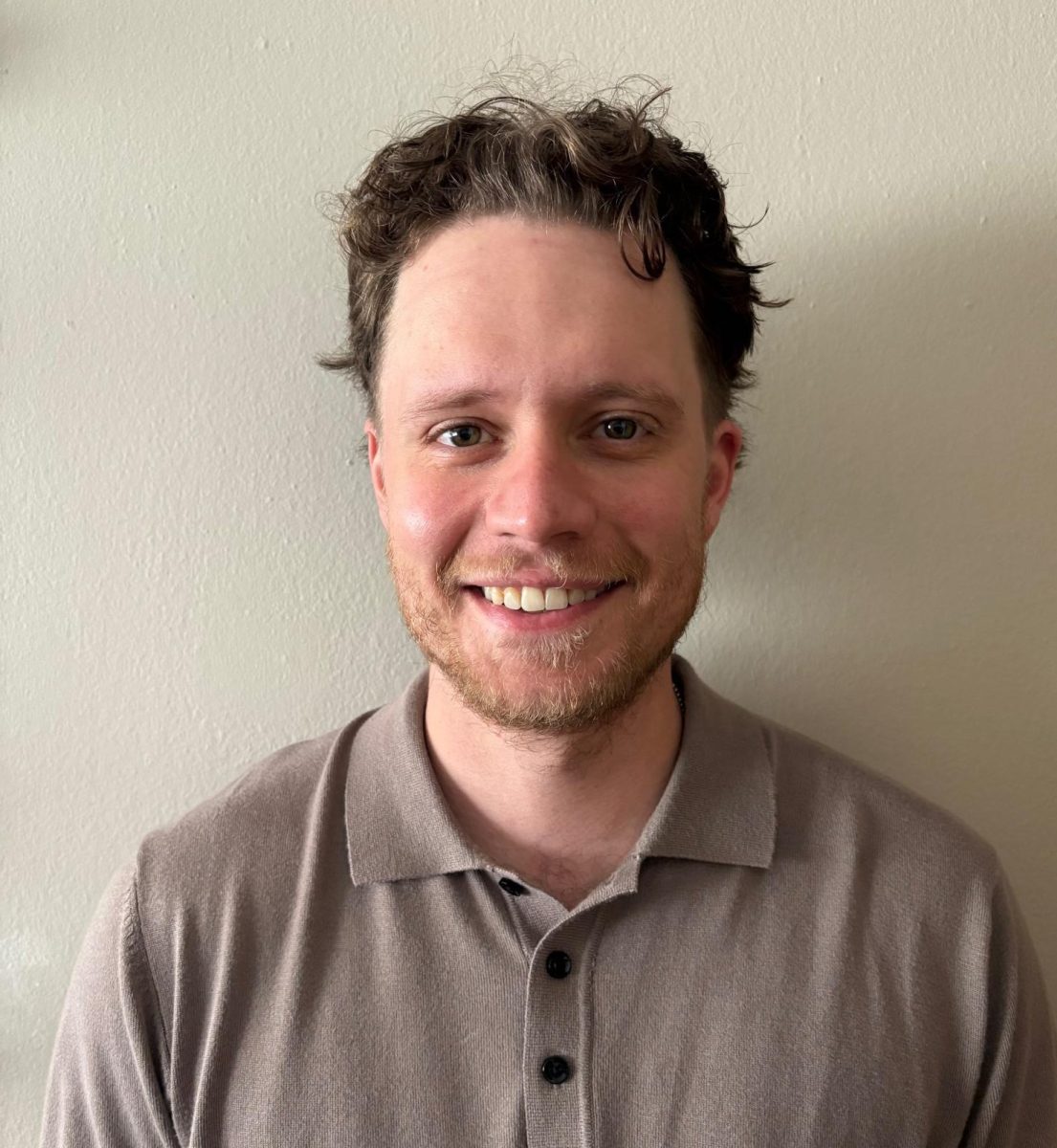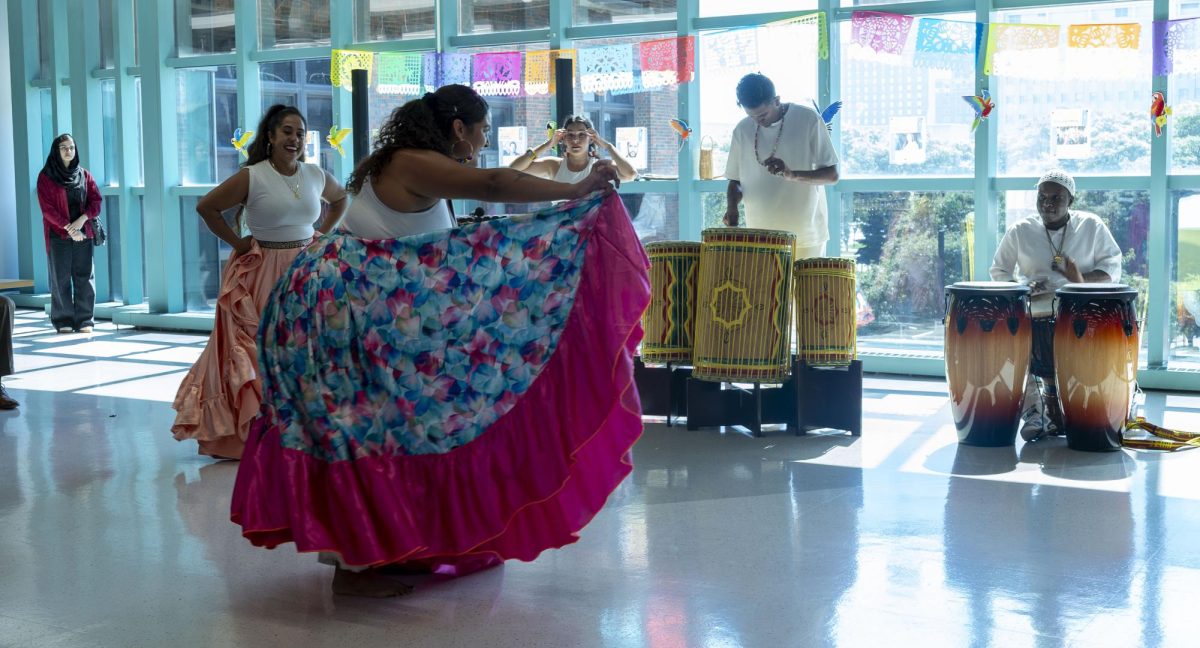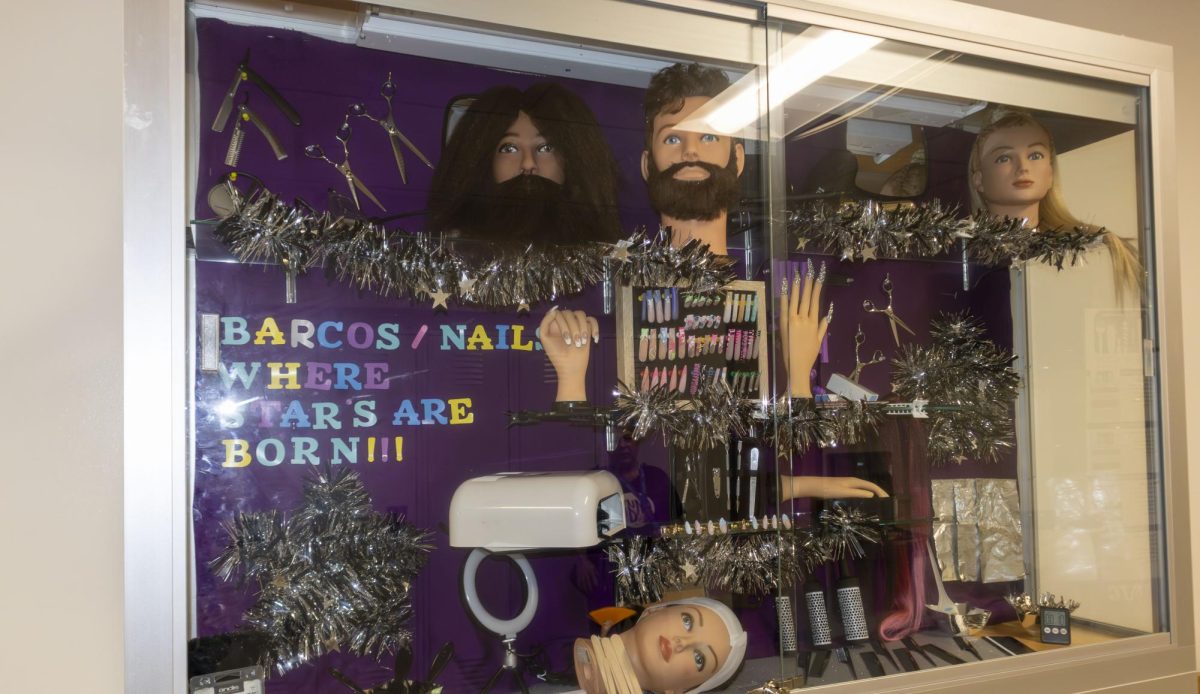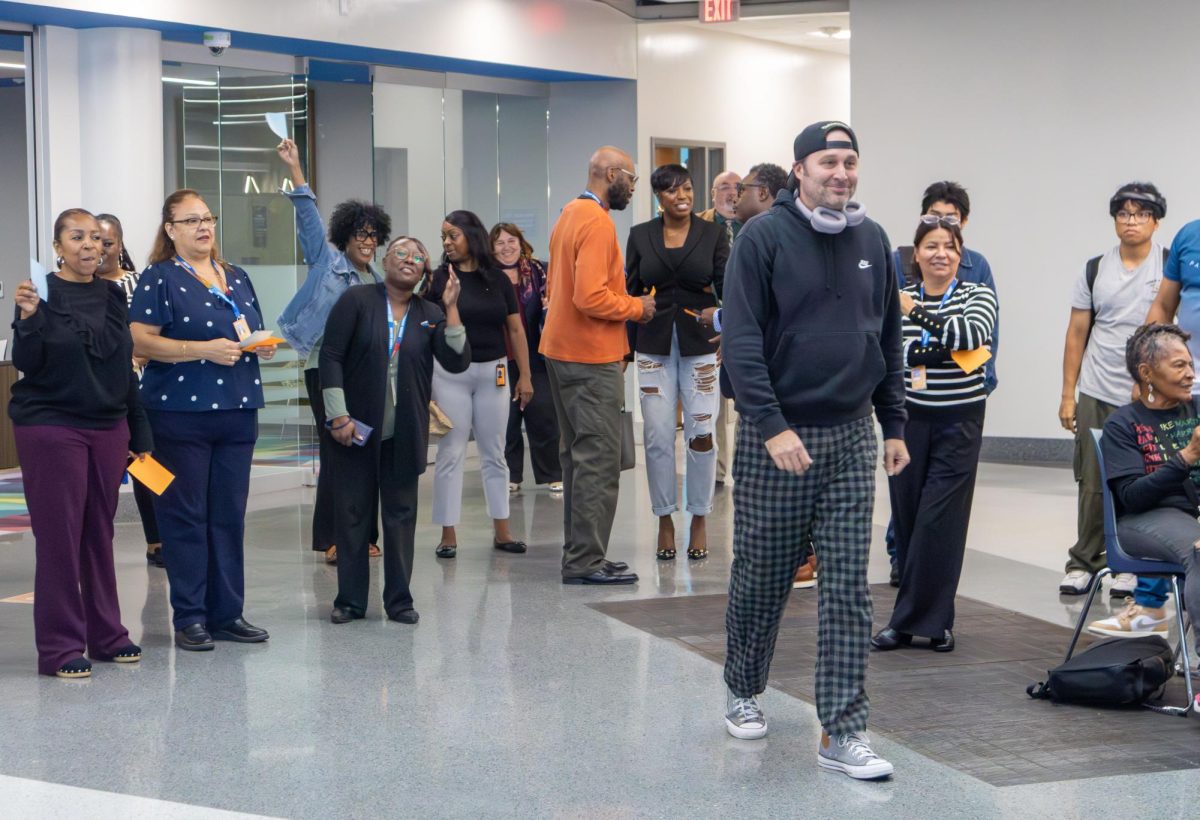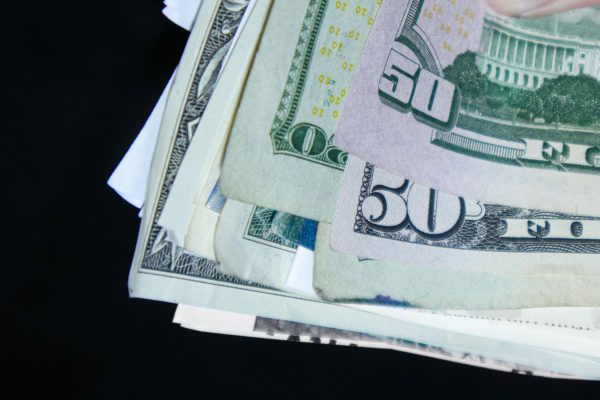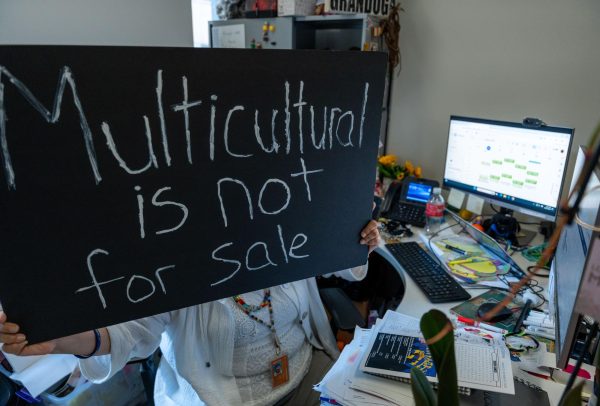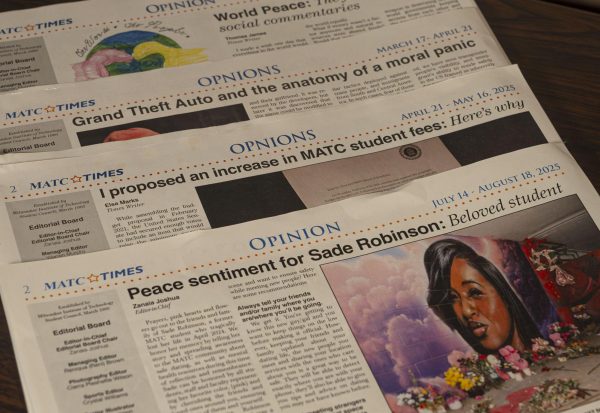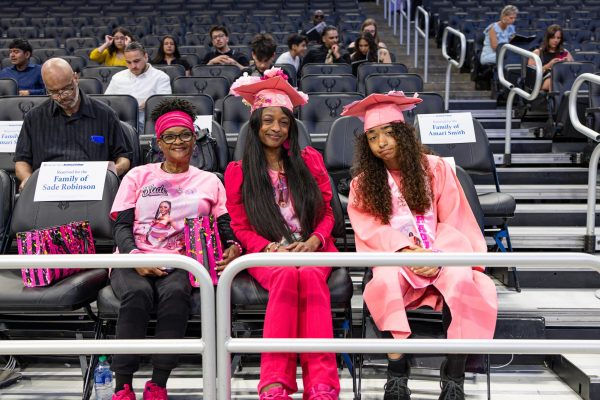Losing a Legend
Photo by Chuck Kennedy/MCT
Dec. 5, 2013; Mandela has passed away. The country of South Africa and most of the world is tossed into a state of mourning. A great man is lost…
I remember hearing the news that Mandela had passed away. While this was not completely unexpected news, it was still hard to handle. I was driving home from work, the “special news report” blared through my radio. I wanted to push the words back into the radio, make them false. But they weren’t.
Tears began to roll down my cheek, and with each one a memory seemed to follow. I thought about growing up in post-apartheid South Africa. I thought about the changes that Mandela had implemented in his short presidency. I thought about what he meant to me, how his presence changed my life.
It is easy to focus on your loss when losing someone special. Many of us revert to the “What about me?” mentality. You begin to think of all the what-if’s and the things that wouldn’t happen anymore.
This is not what Mandela would have wanted us to focus on.
I suppose I should rewind for those that may not understand the respect I have for this man.
Rolihlahla Mandela was born July 18, 1918, in Umtata, South Africa. His name means troublemaker, which is ironic since he is hailed as a great peacemaker in South Africa. Mandela was given the name Nelson by his first grade teacher as it was customary in those times to have a British name.
Mandela was referred to as Madiba, which is his Xhosa clan name. Many South Africans affectionately call him tata which means father. This is because he is the father of our rainbow nation. A nation which is made up of an assortment of people, with different histories, views and cultures but co-existing. But this was not always so.
While I am not going to go in depth into the nightmare of apartheid and oppression and the ugly scars it has left on each of our hearts; Madiba managed to turn a country around, with an immense amount of courage, conviction in his beliefs, and a little stubbornness. And, I like many, am in awe. You see Madiba’s strength was in his ability to understand the human psyche. He knew that violence would only bring more violence. He knew that the best way to defeat an enemy is to understand your enemy.
He spent time learning the language of his oppressors, an initiative he was criticized for by his own people. Mandela believed that “to know the strength and weakness of your opponent is one of the elementary rules in a fight.”
Forward to present day, and I am still in my car thinking about what a great man we have lost. It suddenly occurred to me, we may have lost his body and his physical presence but we have not lost his “Madiba Magic.” (A common phrase used in South Africa for the magical power that he seemed to possess.)
We (South Africa and the world) have not lost the lessons he taught or the freedom he fought for. Mandela was happy to fight for the things he felt were equitable and fair.
He once said, “During my lifetime I have dedicated my life to this struggle of the African people. I have fought against white domination, and I have fought against black domination. I have cherished the ideal of a democratic and free society in which all persons will live together in harmony and with equal opportunities. It is an ideal for which I hope to live for and to see realized. But, My Lord, if it needs be, it is an ideal for which I am prepared to die.” In order to keep those lessons alive it is important that we exhibit them in our lives.
I am hoping to keep Mandela’s memory alive through the way I choose to live my life and treat people. My favorite Madiba lessons are:
- He taught me the importance of a young heart and children.
“It always gives me great pleasure to be surrounded by the beautiful children of our land. Whenever I am with the energetic young people … I feel like a recharged battery, confident that our country can look forward to great things.” After his release Mandela spoke how he loved to be around children, a simple joy he had been denied for 27 years while in prison. He often spoke of the importance of children in society and how we would be judged by how we treat our children. - He taught me the importance of education.
“Education is the most powerful weapon which you can use to change the world.” Mandela was an educated man with a law degree. - He taught me about forgiveness.
“As I walked out the door toward the gate that would lead to my freedom, I knew if I didn’t leave my bitterness and hatred behind, I’d still be in prison.” Mandela not only preached the forgiveness of his oppressors, he met with them, had tea with them and he himself forgave them. - He taught me about perseverance.
“Do not judge me by my successes, judge me by how many times I fell down and got back up again.” Many times Mandela failed to get his message of peace and unity across. The difference is that every time he did, he would try again. People thought he was crazy and he was hoping for the impossible, but he believed in his work and persevered until the end. - He taught me about my own potential.
“A good head and a good heart are always a formidable combination.” “There is no passion to be found playing small – in settling for a life that is less than the one you are capable of living.” - He taught me about the importance fo my own attitude.
“I am fundamentally an optimist. Whether that comes from nature or nurture, I cannot say. Part of being optimistic is keeping one’s head pointed toward the sun, one’s feet moving forward. There were many dark moments when my faith in humanity was sorely tested, but I would not and could not give myself up to despair. That way lays defeat and death.” - He taught me about giving back to those in need.
Mandela believed it was most important to free yourself, free others and lastly to serve every day. He encouraged South Africans to give back to their country by volunteering 67 minutes a year to help someone else. The 67 minutes represents the 67 years he spent fighting social injustice. Every year South Africans all over the world celebrate Mandela Day on July 18, his birthday. This is an initiative that he hoped would spread, not because of him but because of the good work that would come from it.

I heard about the Times in the spring of 2012, after hearing Adviser Bob Hanson talk to my class. I was tempted to join but unsure of my skills. The push...

